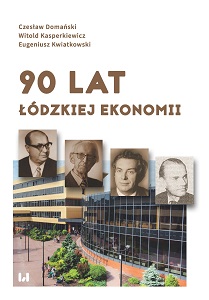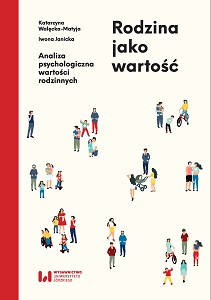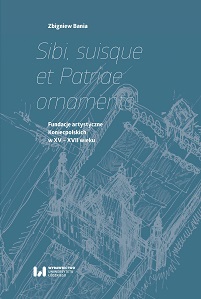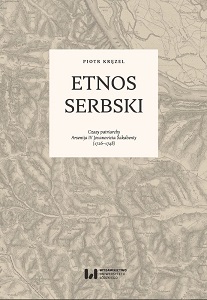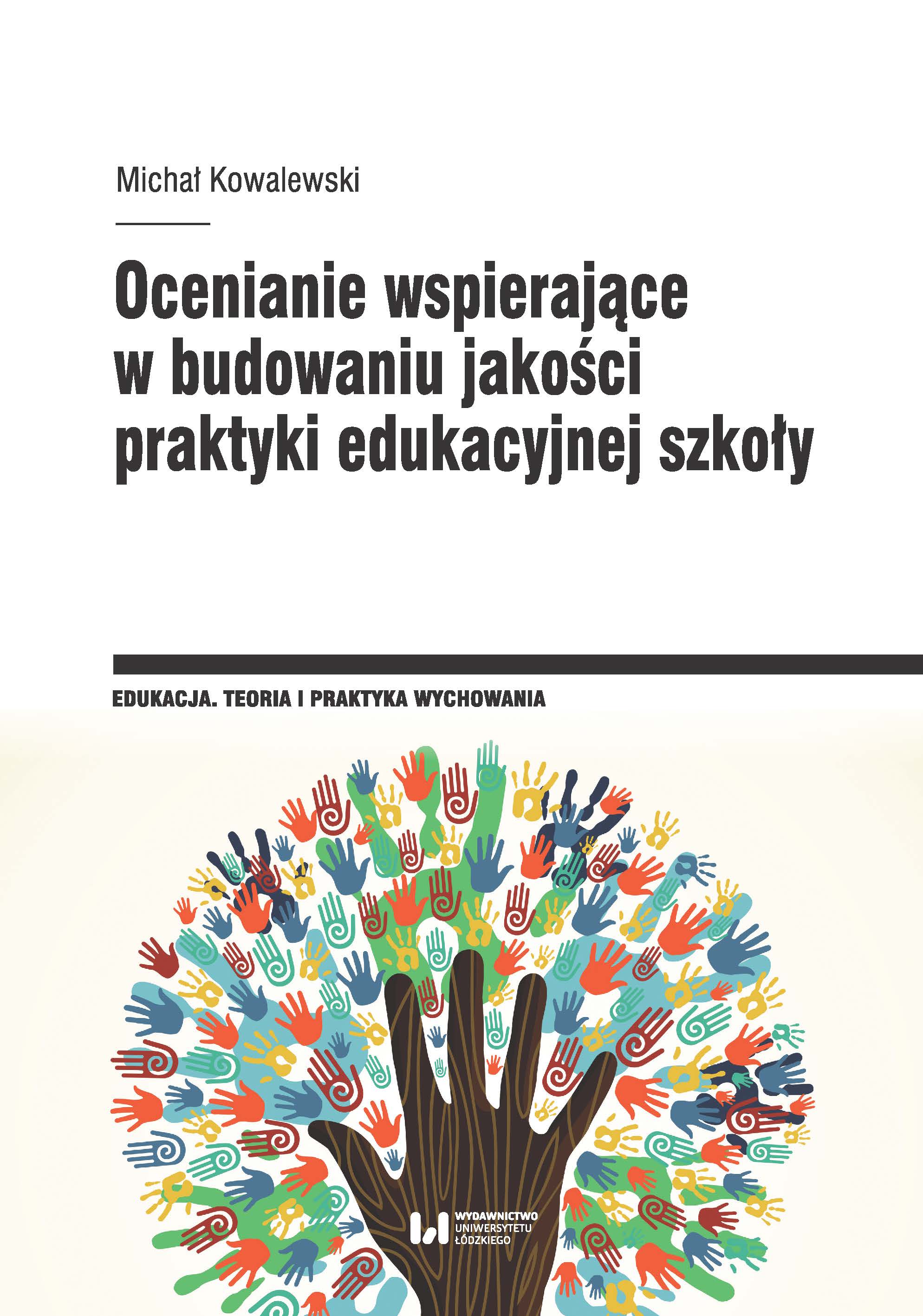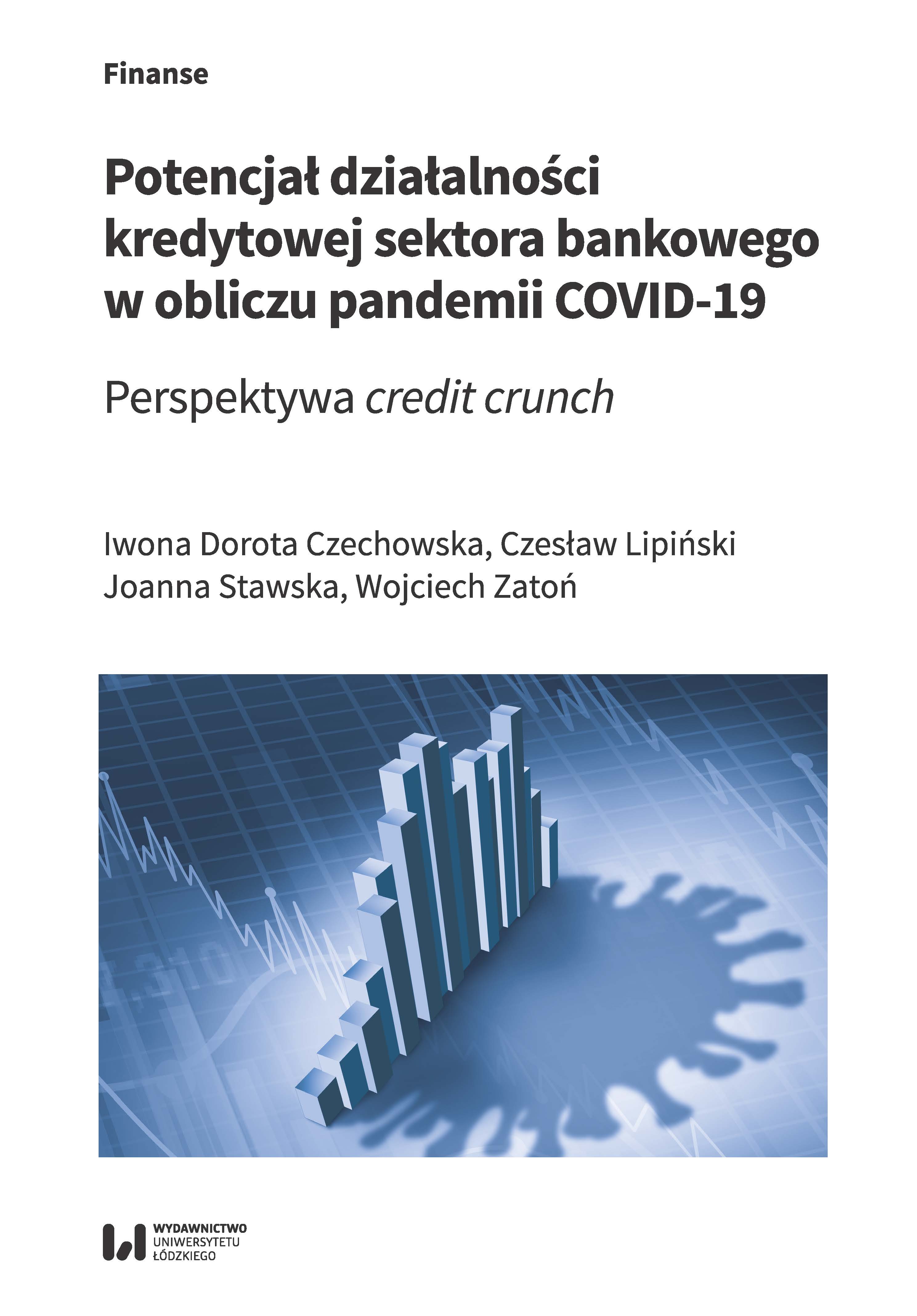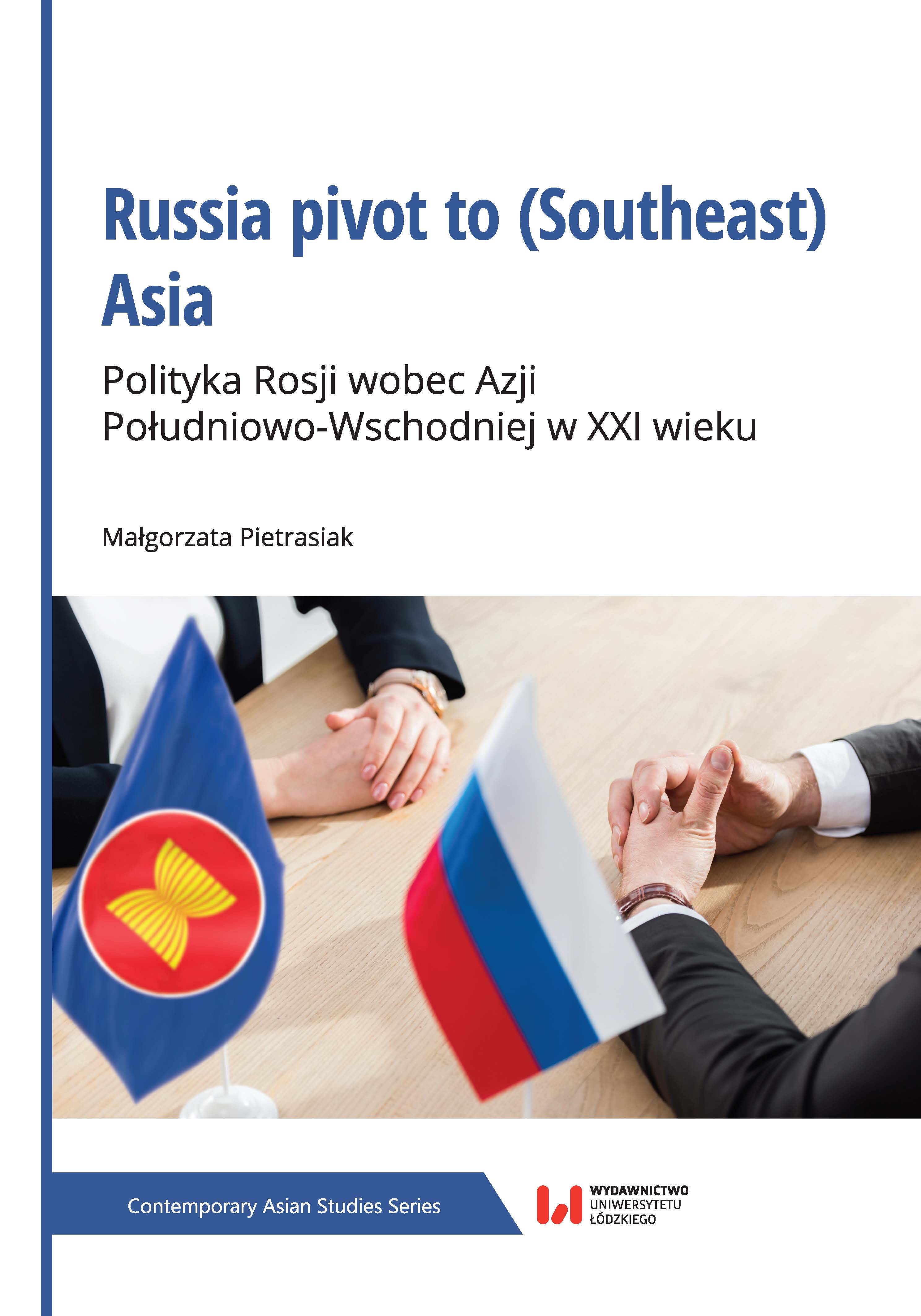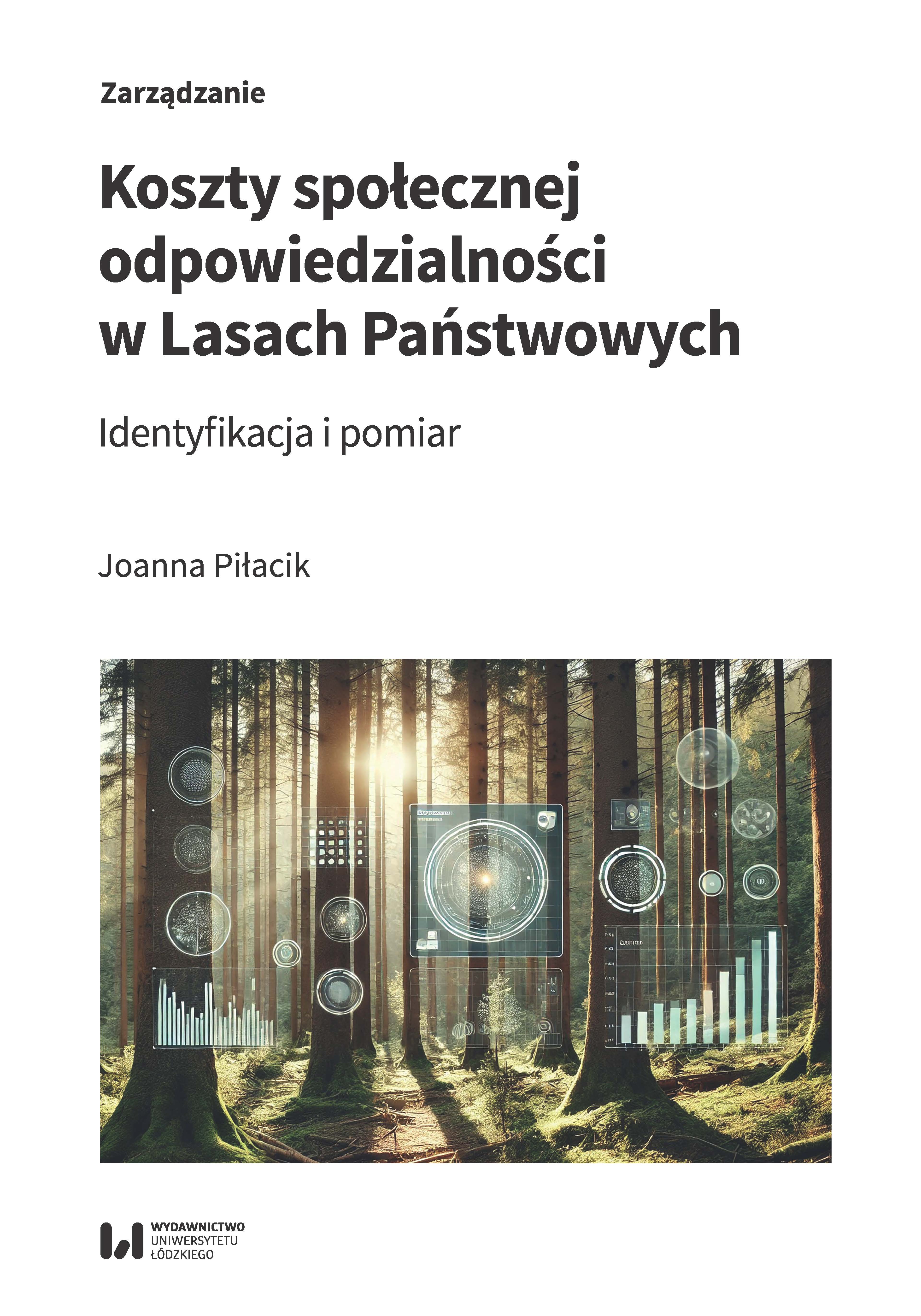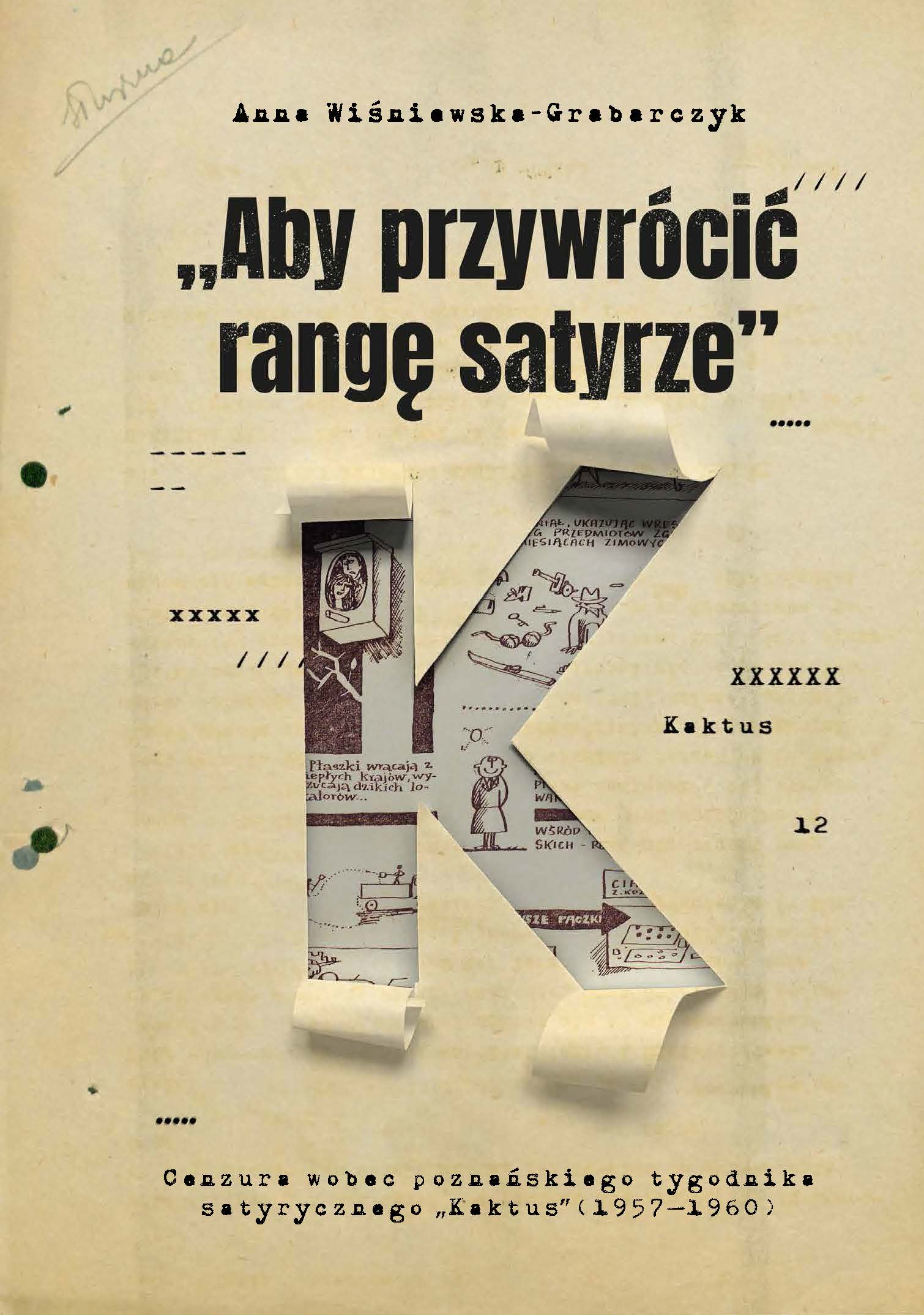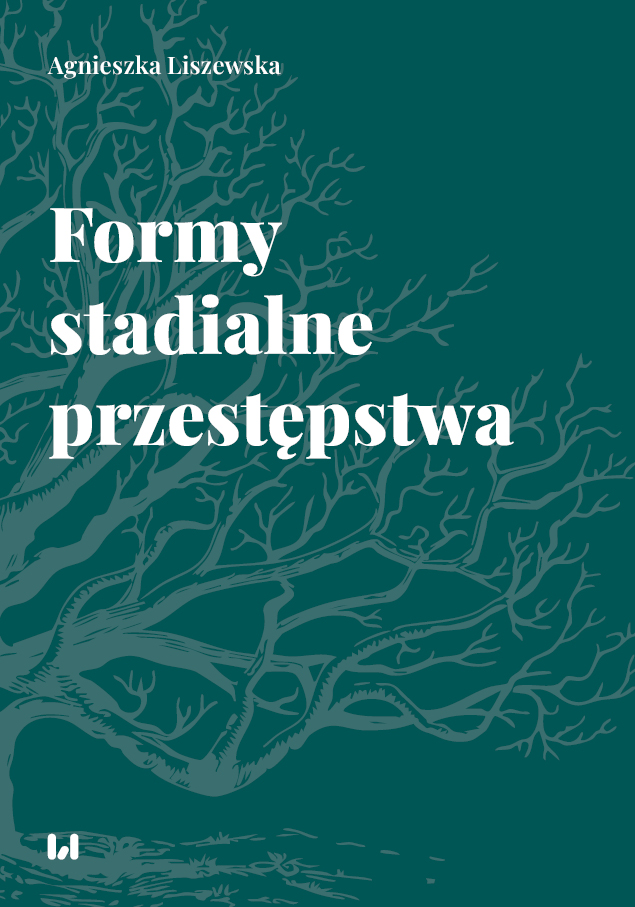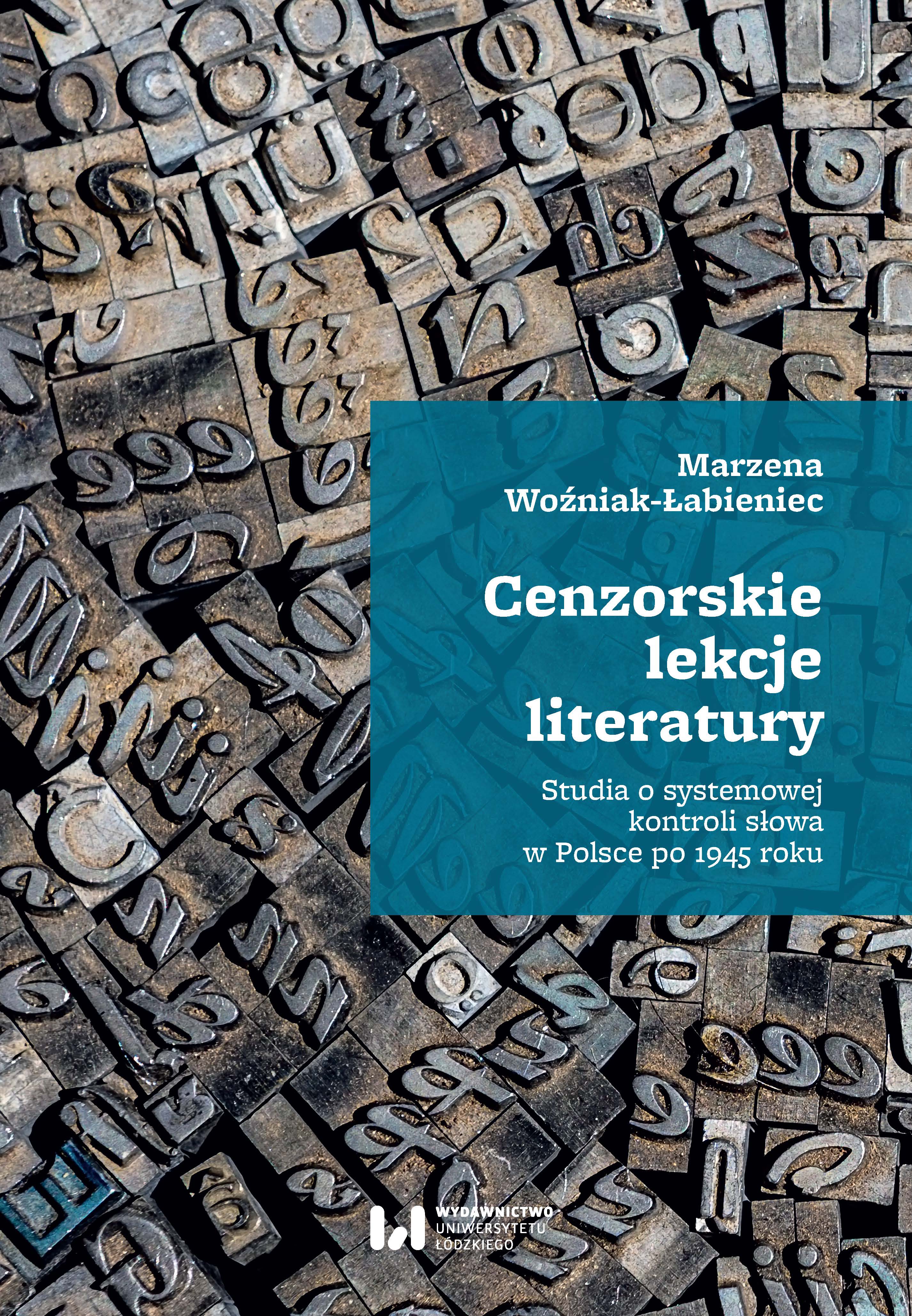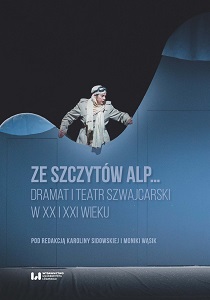
From the Tops of the Alps... Swiss Drama and Theatre in the 20th and 21st Centuries
Ze szczytów Alp… Dramat i teatr szwajcarski w XX i XXI wieku
Keywords: Swiss theatre;Peter Stamm;Lukas Linder;Urs Widmer;Lukas Bärfuss;Friedrich Dürrenmatt;Max Frisch
One could safely wager that in Poland the Swiss drama and theatre is uncharted territory, that the Polish audience rarely associates its representatives with the Swiss culture, identifying them primarily through language – as German-speaking artists.Consequently, the perception of the Swiss drama and theatre is extremely limited and leads to consolidating the canon, as if the Swiss theatre rested only on the shoulders of Friedrich Dürrenmatt and Max Frisch.This book was born of the need to introduce the Polish reader to an array of Swiss playwrights with whom the Polish and European theatre has little to no familiarity.Reflections on the nature of the Swiss drama and theatre are also an attempt to show the reception – not always orthodox – of Swiss authors in Europe, certain aspects of the organization of the theatrical production system in Switzerland, and – last but not least – they are to lead to a fresh reading of literary tradition currently interpreted by new dramaturgy. From The Introduction
More...
